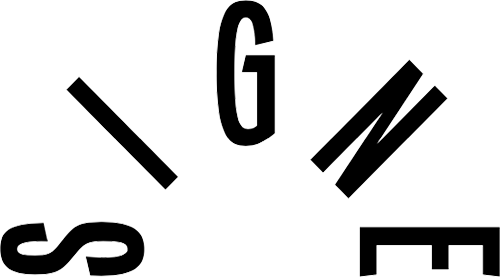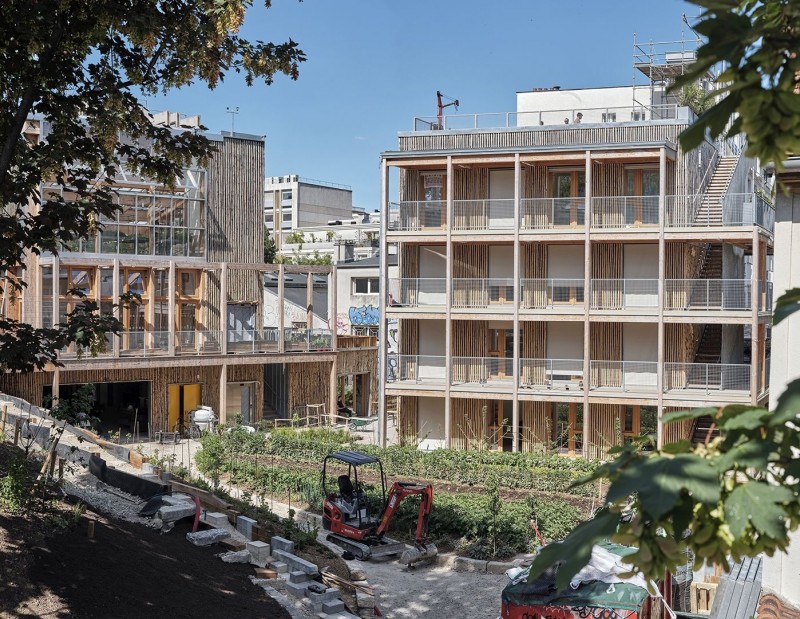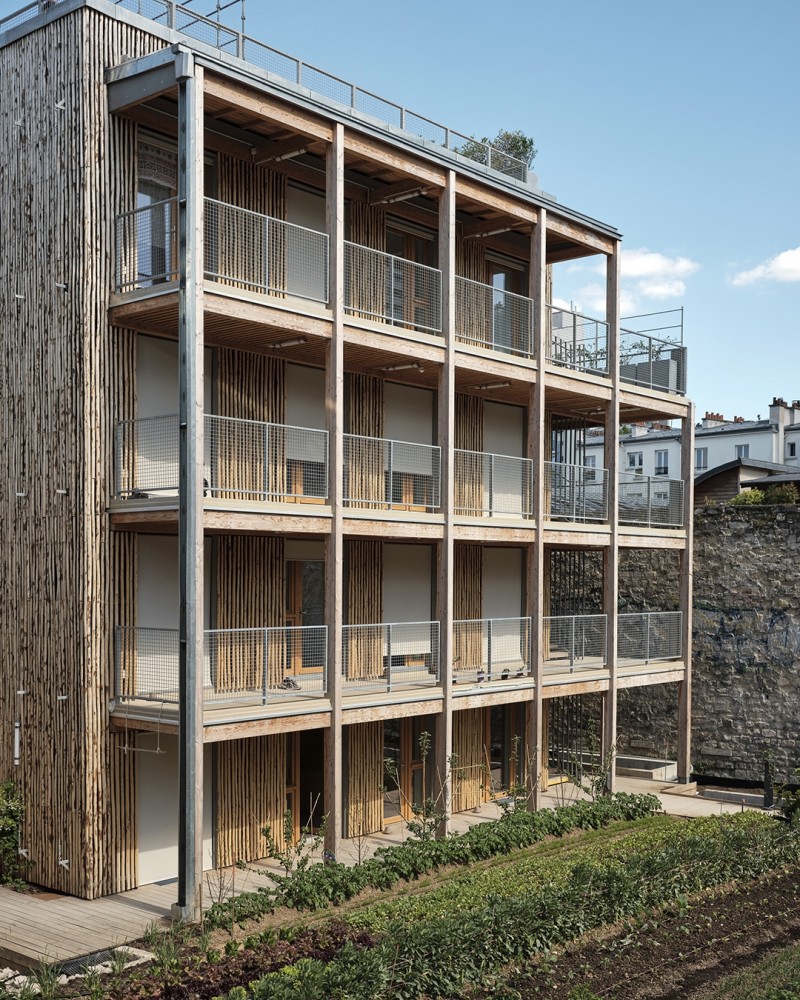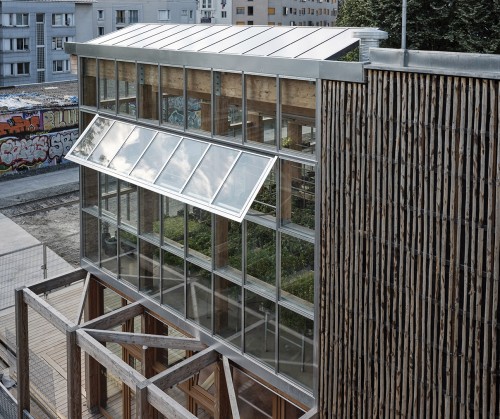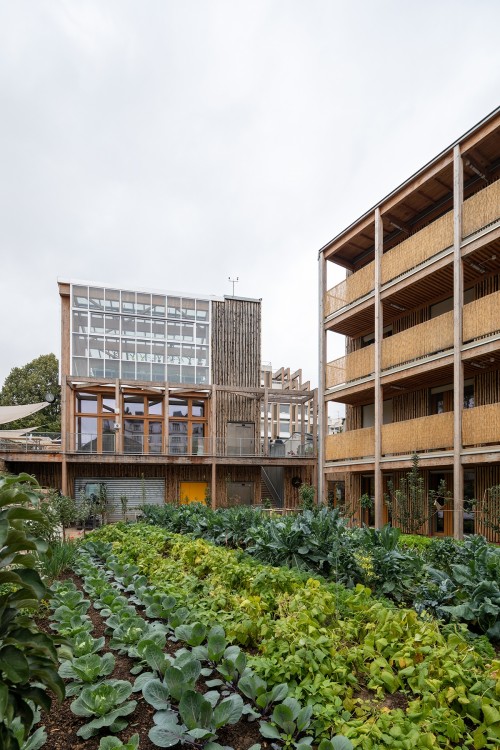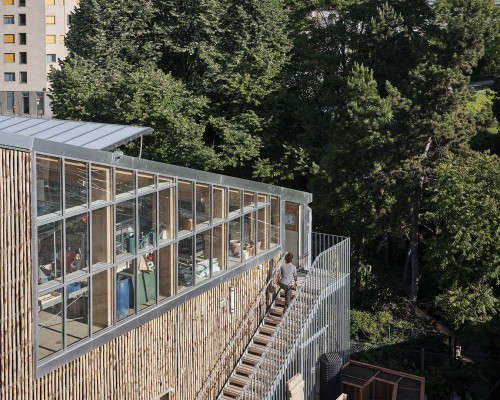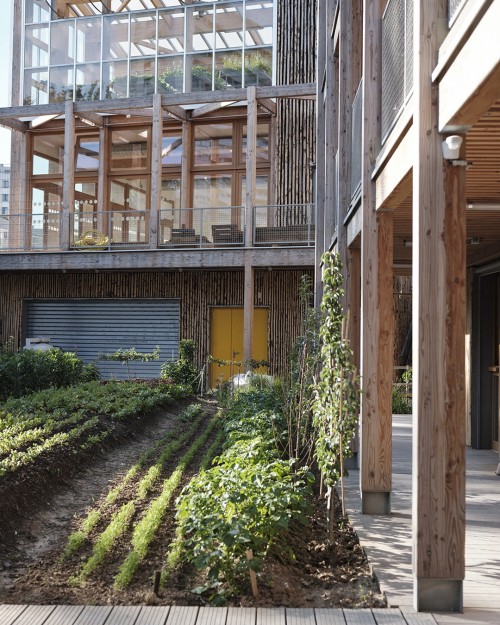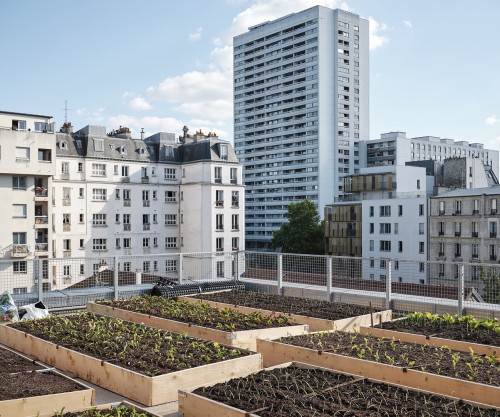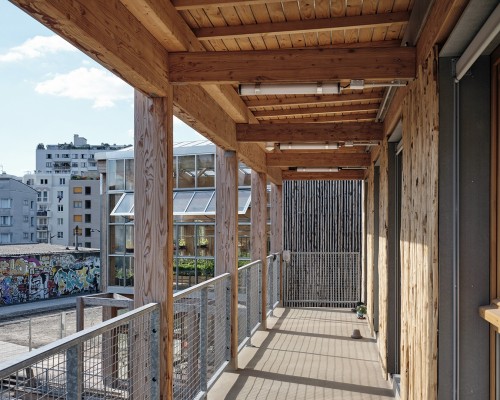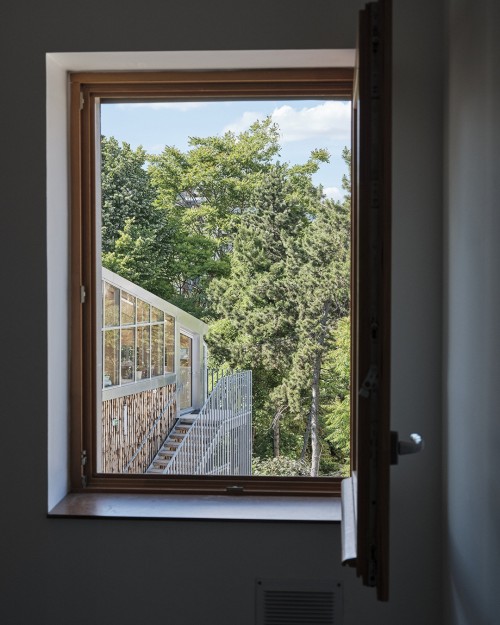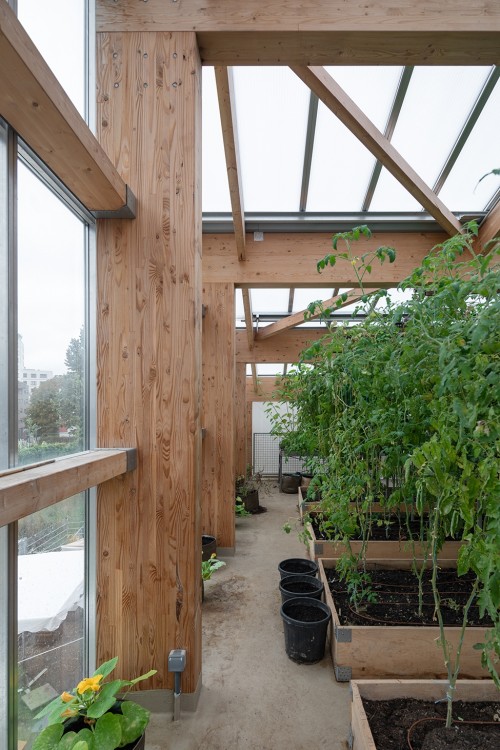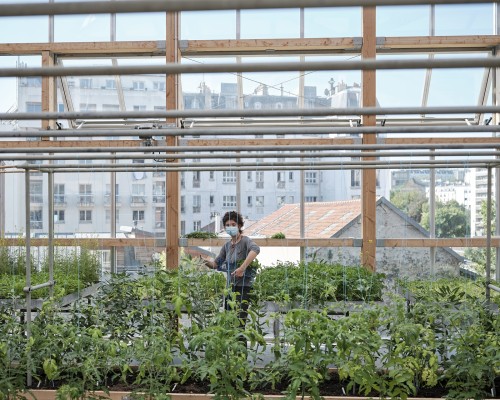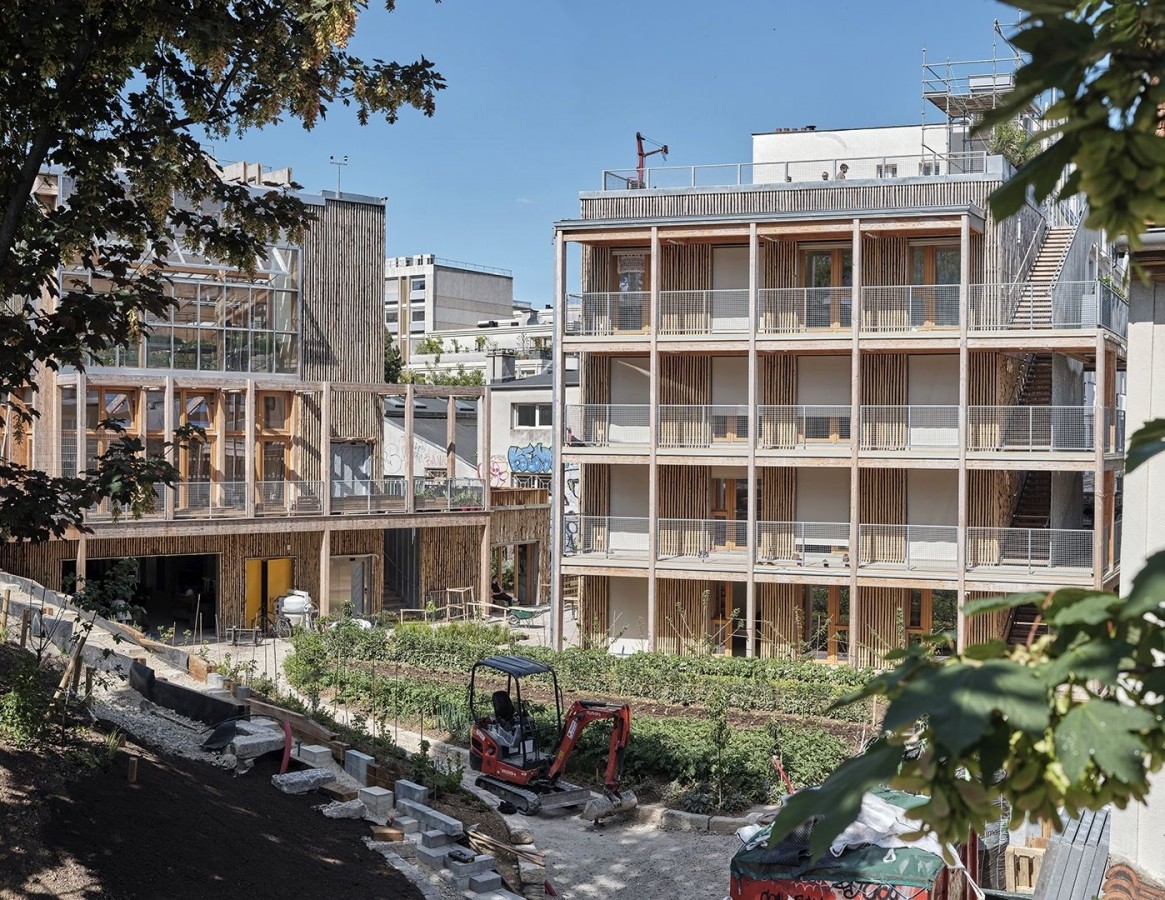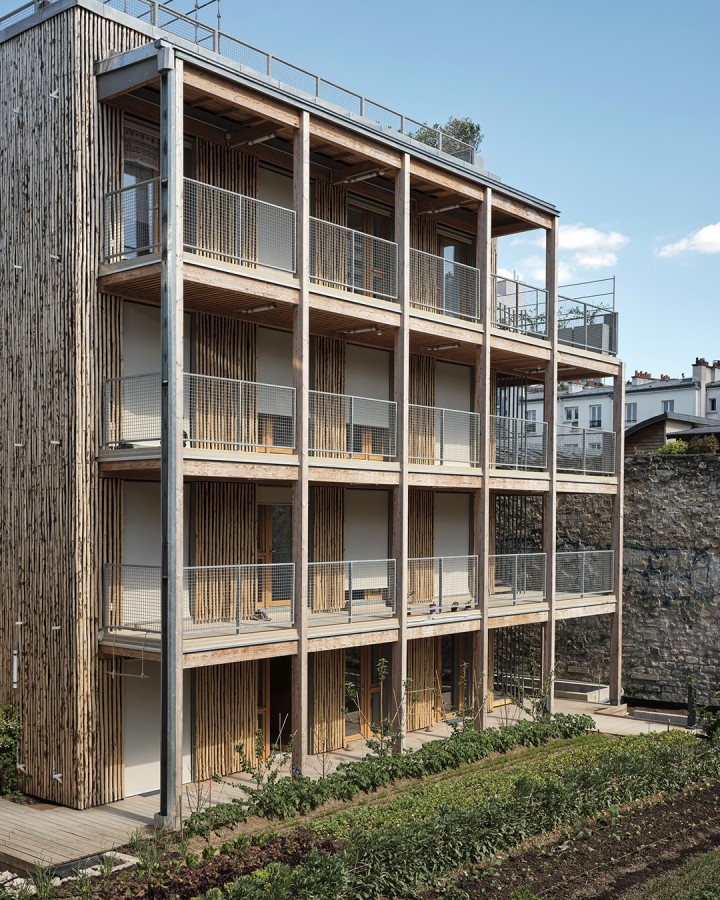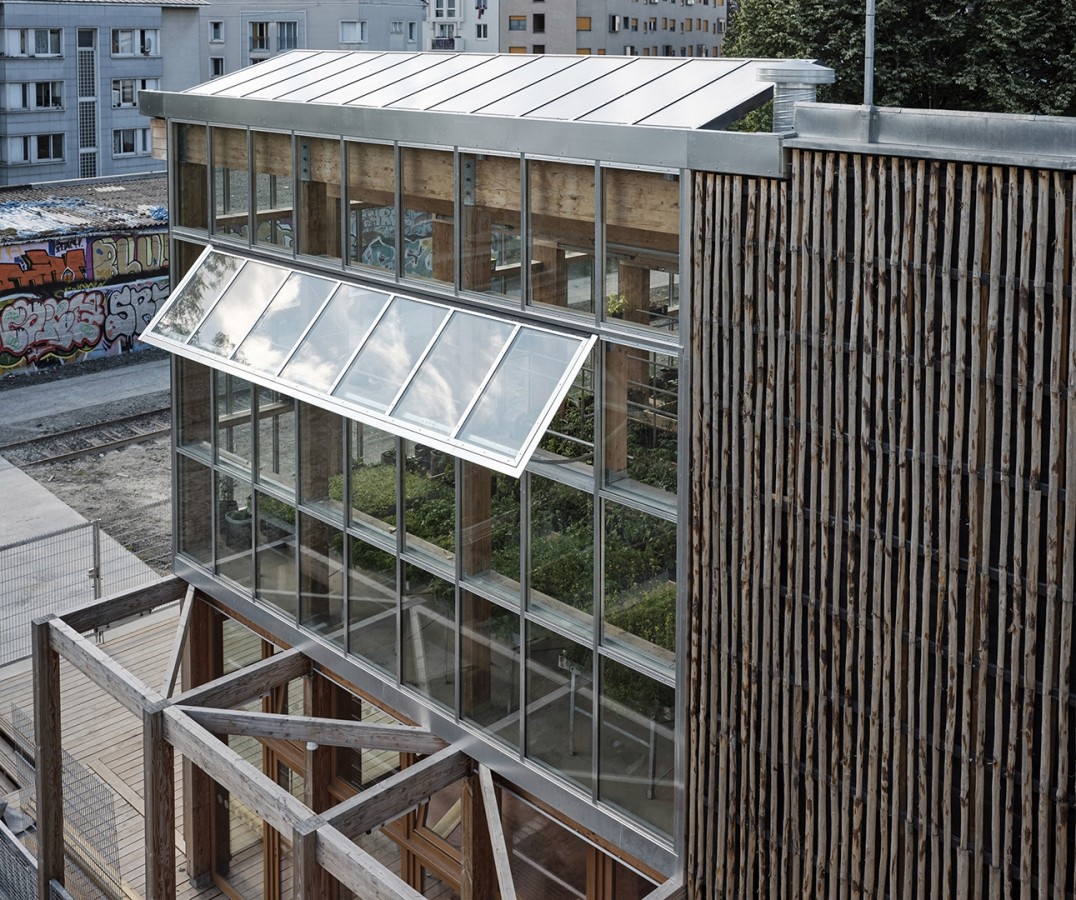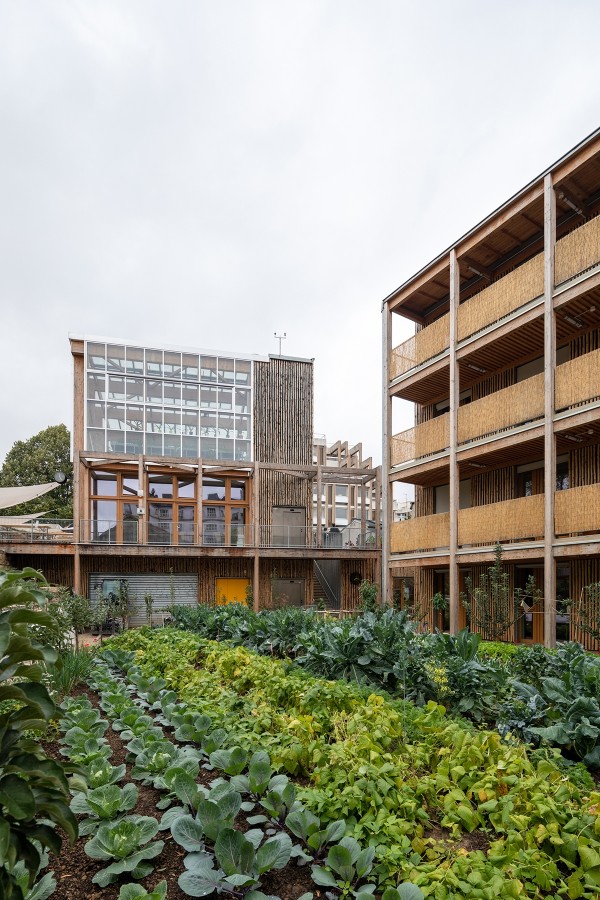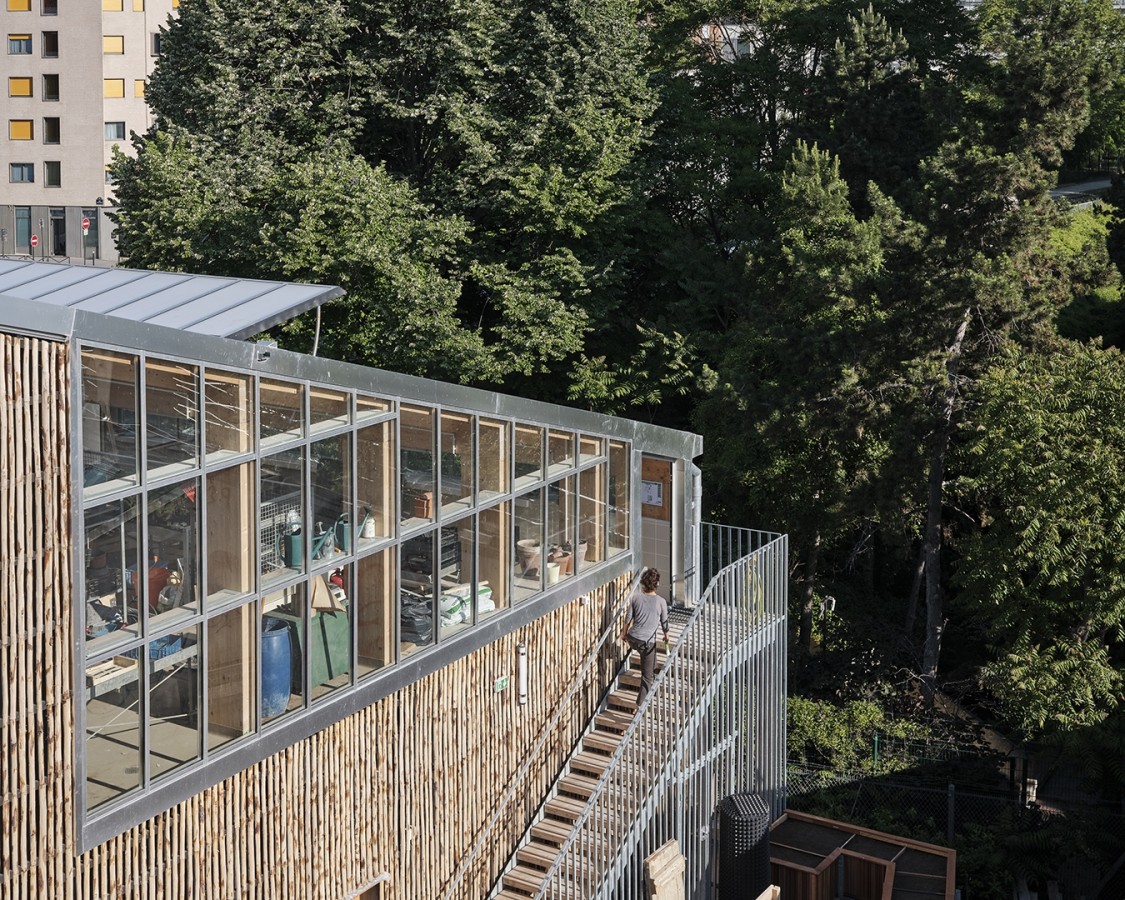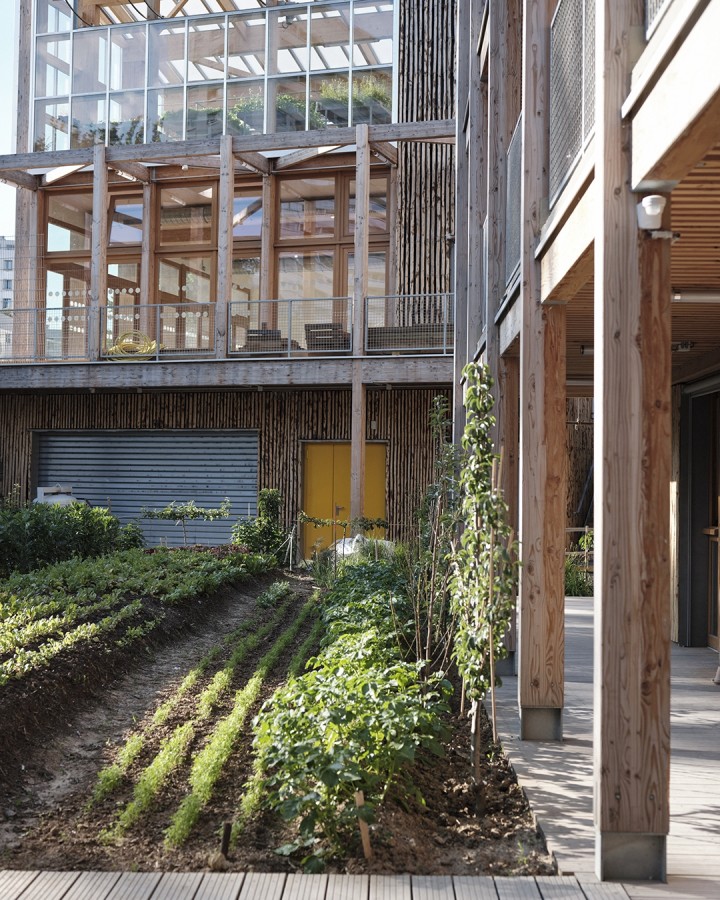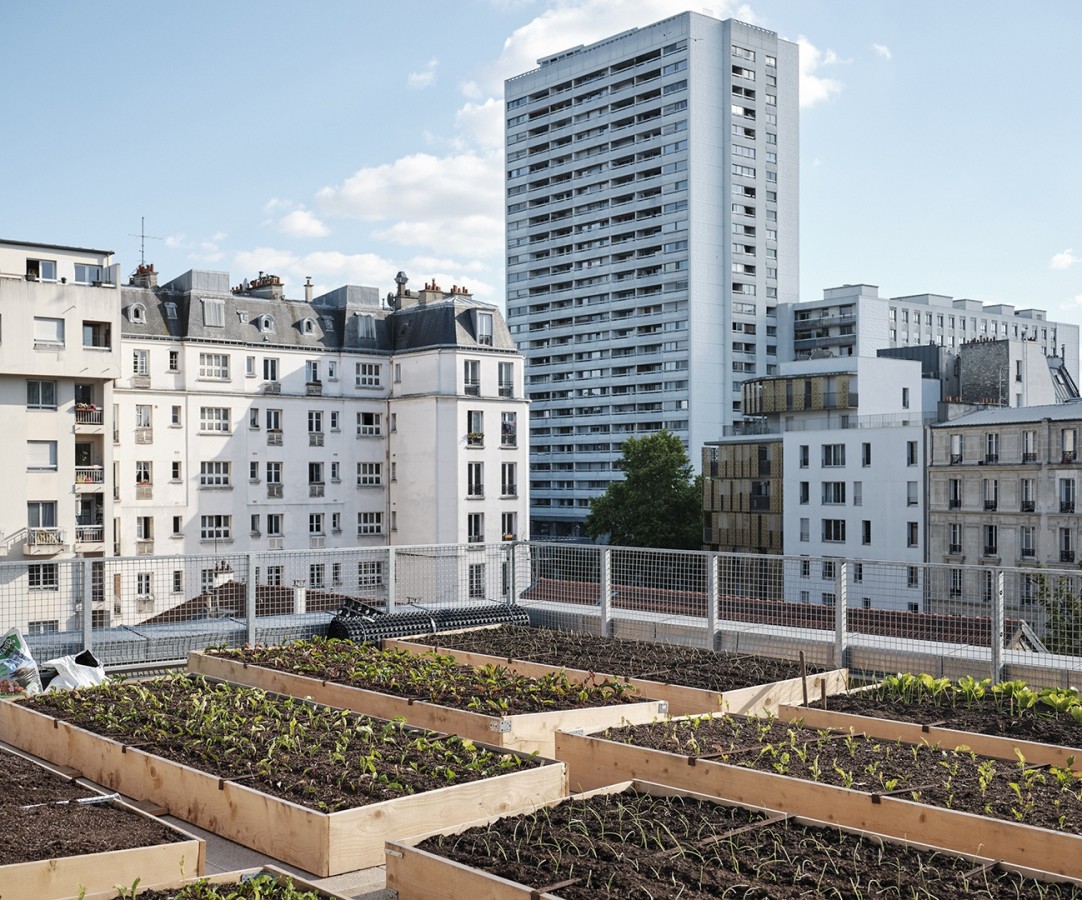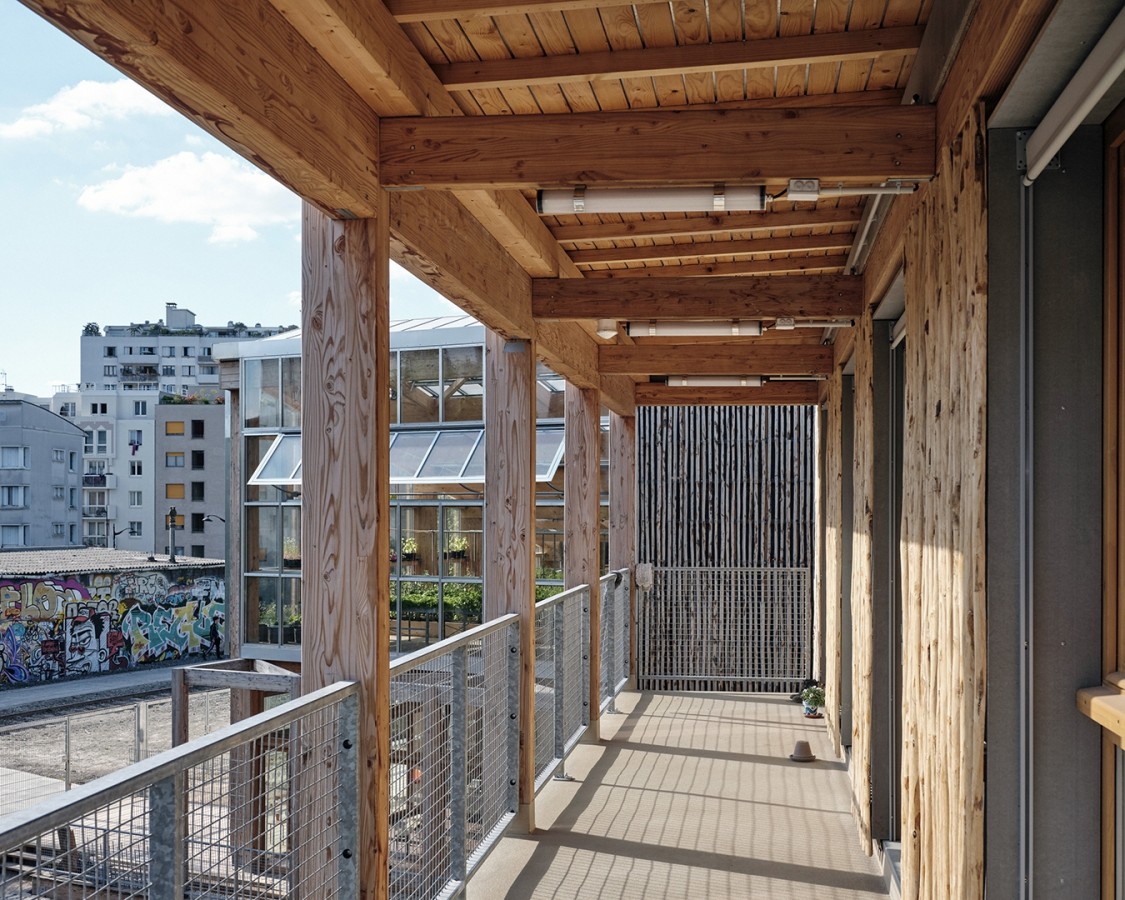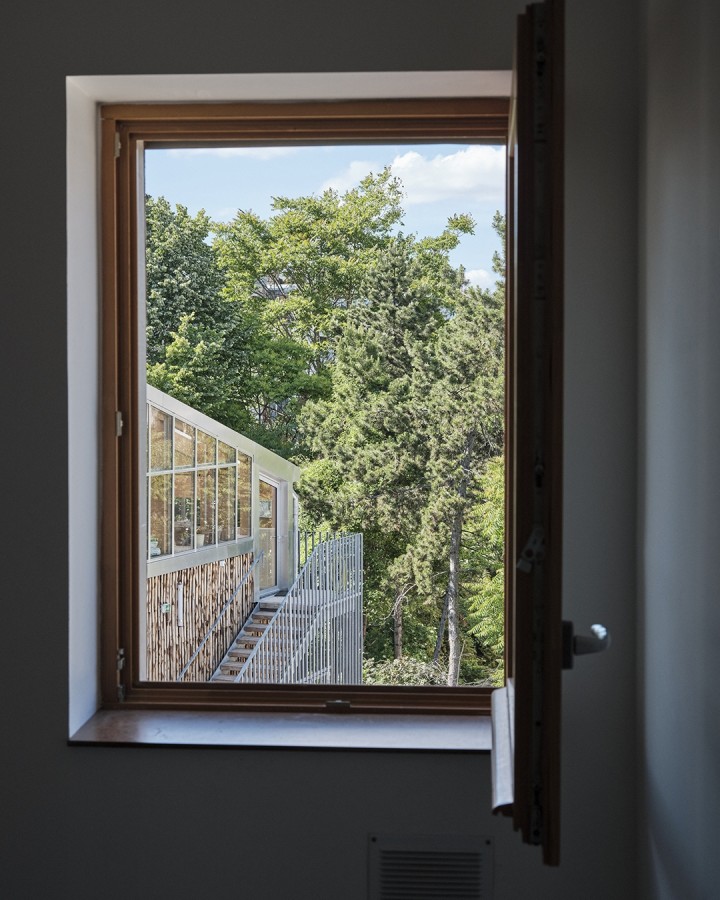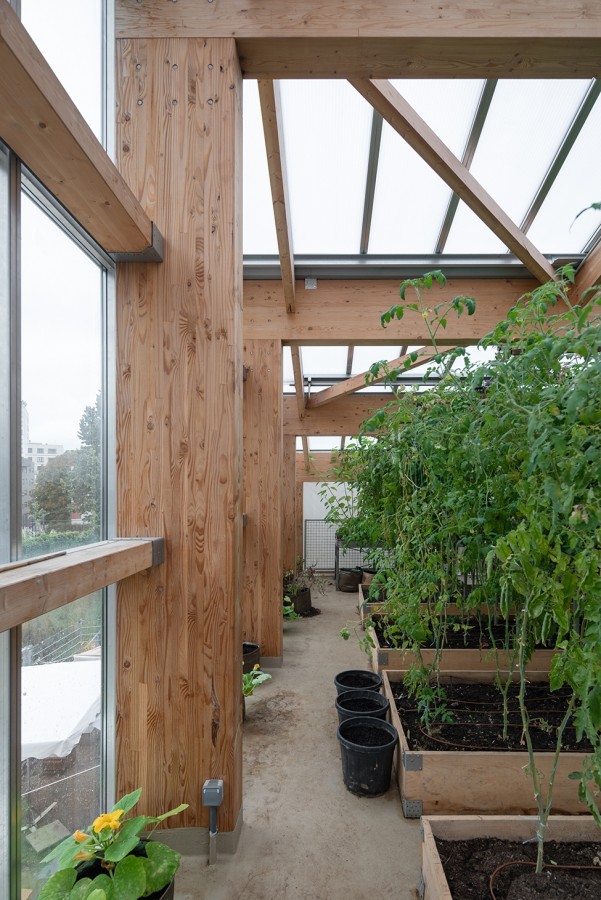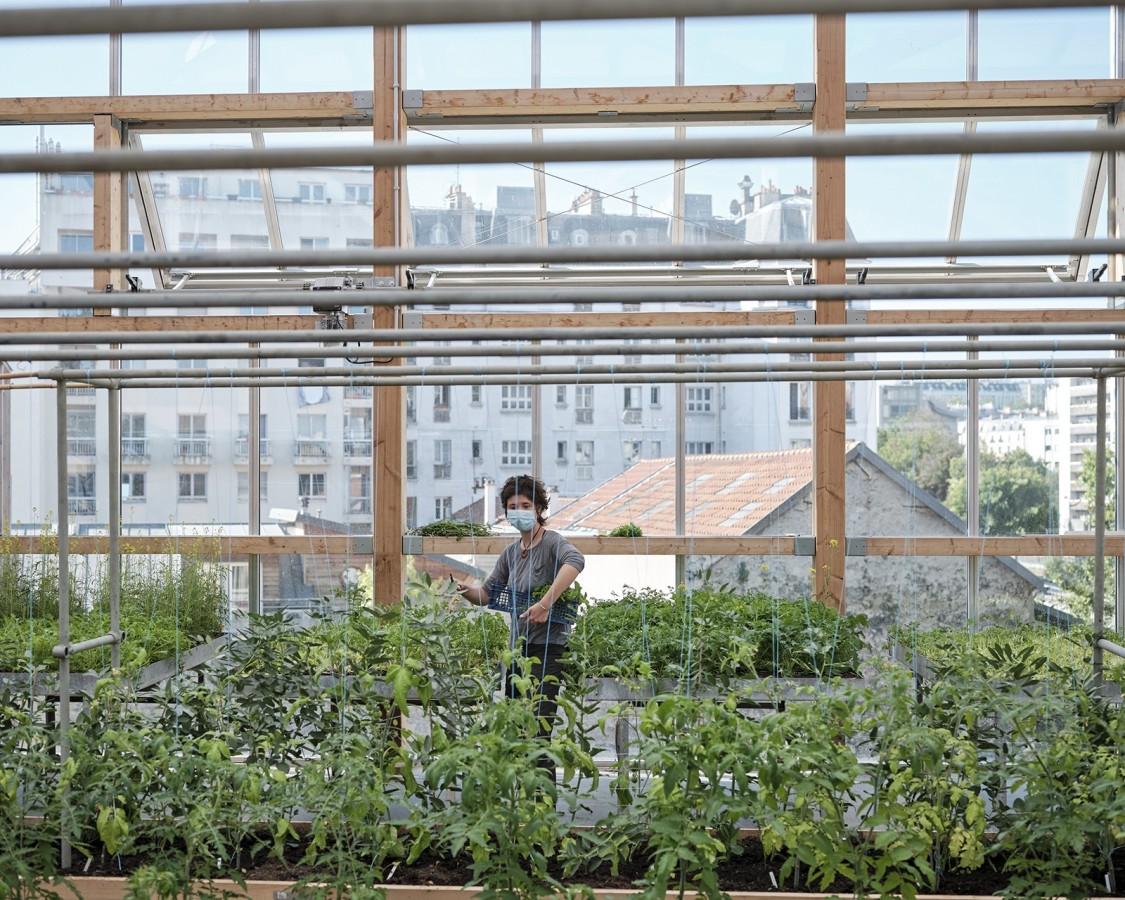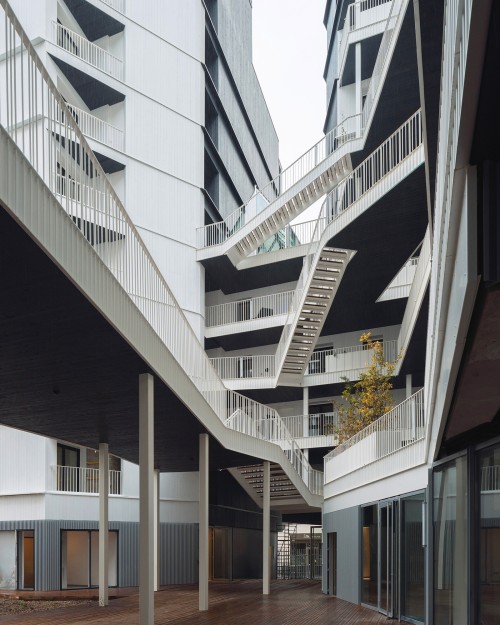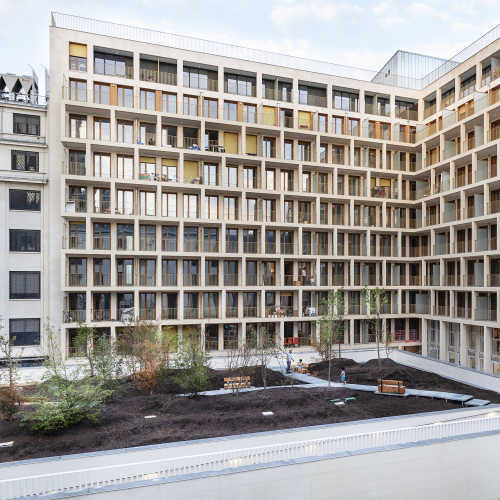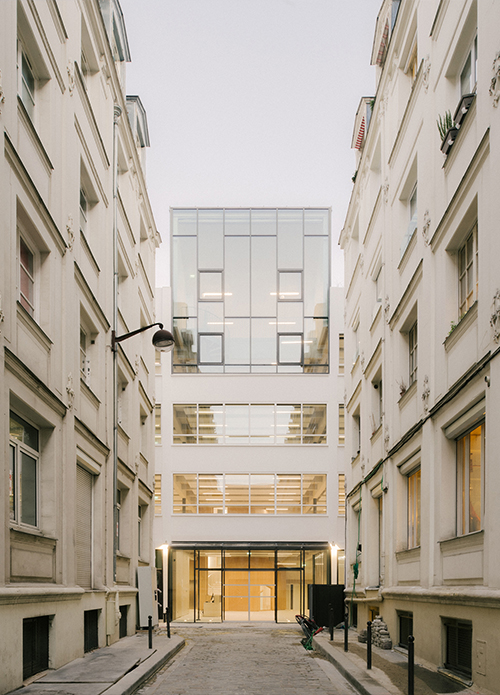The Railway Farm (La Ferme du Rail) is a neighborhood solidarity facility based on urban agriculture which uses market gardening to produce the collected organic waste. The project was winner of the call for project "Réinventer Paris” launched by the city of Paris in 2017.
Born from the desire of residents and local associations to see a place that combines urban agriculture and solidarity grow, the Ferme du Rail aims to integrate vulnerable people. It is part of the social fabric of the neighborhood and generates a service activity and agricultural production, creating jobs. It is the eco-designed fruit of shared governance between operators and project managers during the five years of its development. An active consultation is organized with the neighborhood, it allows them to be integrated into the adventure. The three pillars of a sustainable development are researched : ecology, economy, social.
The time of the construction site is an opportunity to extend the educational and social vocation of the project by educating different types of audiences as people on an integration course or architecture students. The building site was thinking as a learning site about ecological building materials (wood, straw) but also reused materials with experimentations of recycled textile as insulation, reclaimed bathroom tiles and stone roof pavers. The keywords are frugal, low-tech, but also innovative and performing.
Mainly, the project defends a model of a sustainable, social and united economy, linked to the interdependence between the actors of the project and the inhabitants. It is based on the skills of each person, called to reinforce each other, for the benefit of the neighborhood. The activities of the farm are organized into local and territorial exchange networks. The farmers offer the inhabitants of the district a set of services: collection and treatment of local organic waste or unsold goods, market gardening, organization of workshops and events, as well as a maintenance service for green spaces in the area. A neighborhood facility that caters to all audiences, the Ferme du Rail has a restaurant where products from the farm and partner farmers are tasted. It is also a place of awareness that responds to the urgent need for meetings and discussions around nature in the city and alternative food.
Whether, about education in market gardening and composting activities, information on sustainable or organic agriculture, the exchange of good practices around urban ecology, the Ferme du Rail is a social and cultural resource which the inhabitants of the district and more broadly all Parisians and commuters can take up freely.

